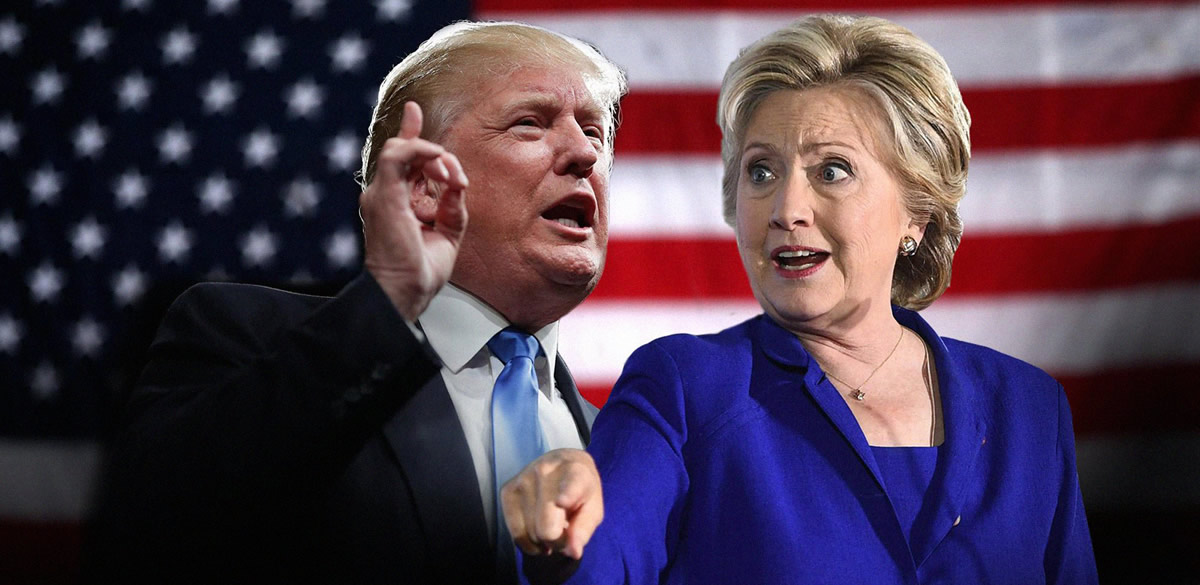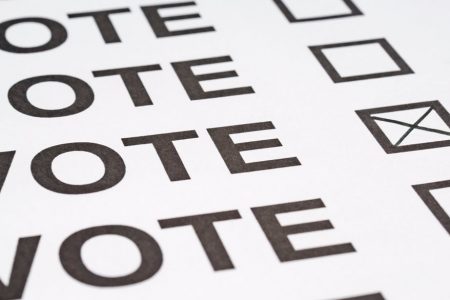If elected in November, Hillary Clinton will of course make history as the first woman US President. She will also be the seventh former Secretary of State to serve in that capacity, but the first in over 150 years. However, having more foreign affairs experience then virtually any other incumbent of the office does not mean that a Hillary Clinton presidency will yield a greater or sharper focus on international issues. While not as obvious as the case for Mr. Trump, a Clinton Presidency foreign policy while better run and implemented will also signal a US retrenchment and turning inward.
With one major exception we should expect an initial seamless continuation of the strategy and tactics of the Obama years with no major breakthroughs or initiatives. Why?
If it ain’t broken don’t fix it – Clinton has no need to run away from Obama’s foreign affairs legacy, she is comfortable with most of the US current approaches. Given her background there is no need for her to prove her leadership globally by rushing to formulate a Clinton doctrine.
Once bitten twice shy, we all remember that silly photo of Clinton and Lavrov smashing the reset button. Hillary is smart enough to know not to do that again. Her foreign policy will be professional and steady, not grandiose PR for a public photo op.
All politics is local, in this case it is. The current state of the American electorate will force her to define her Administration in terms of the deepening divide in American society. The open question that will determine her future as President will be to what extent she has internalized a need for a serious course readjustment in how America is governed as demanded by an increasing number of Americans across the political spectrum and as she described in her convention acceptance speech. If she seizes this opportunity, an opportunity the Obama was not able to grasp, she could become one of the most consequential Presidents of the 21st century. Interestingly, in doing so she will to some extent repudiate the legacy of her husband. If on the other hand, she essentially maintains the core of the current neo liberal US political economic system, she runs a significant risk of being a one term failed President. Given the suspicion around her on this, she has a short two years until the next congressional elections to settle the question. If she is nothing more then a Clinton 2.0, either Bernie Sanders or someone like him will soon begin marshaling the troops to challenge her administration and any reelection bid. It should be noted in this regard that since the creation of the modern US two party system, no president who was elected to the office following a predecessor from their own party has ever won reelection to a second term.
So what would a President Hillary Clinton foreign policy team look like? Picking a Secretary of State when you yourself may be the most qualified candidate is complicated. On the reverse side, who would want to be Secretary when your boss has the numbers of most world leaders on her speed dial? The Party has no lack of possibilities; through it is likely she would avoid naming someone who is too closely associated with her husband’s administration. Her closest foreign policy adviser is probably Jake Sullivan who has been with her since her time at State. Given the likelihood that she will continue the Obama tendency of centralizing important foreign policy decisions in the White House it is more likely that she will keep him close by as National Security Advisor. There is also talk of a women dominated cabinet, with someone like Wendy Sherman at State, but again there is nothing Hillary needs to prove in the gender wars.
An interesting possibility would be having Sullivan at the NSC, and letting Kerry continue for sometime at State allowing her to focus on the critical domestic issues plaguing her "honeymoon". In this same vain but even most interesting, and creative would be for her to ask Joe Biden to take over at State.
Finally, back to that one exception in terms of needing early attention by a President Clinton. That is of course the issue of the pending regional trade agreements that have been supported by the Obama administration but have become a litmus test on the part of the party’s progressive wing. Hillary has already indicated she is now opposed to these agreements, but how she plays them in the early days of her administration will go along way in demonstrating her true colors. If she underestimates the depth of feeling on this, and tries somehow to finesse them forward via a few cosmetic changes, she may likely derail her administration very early on. Thereby crippling any domestic as well as foreign initiatives.
Consequently, the bottom line regardless of who wins in November, is that the incoming administration will either seek to or be compelled to reexamine some of the basic concepts of the triad of "freedoms", labor, finance, trade, that have been the foundation of the global political economic system for the past 50 years. The reverberations of this will have a significant impact abroad.




